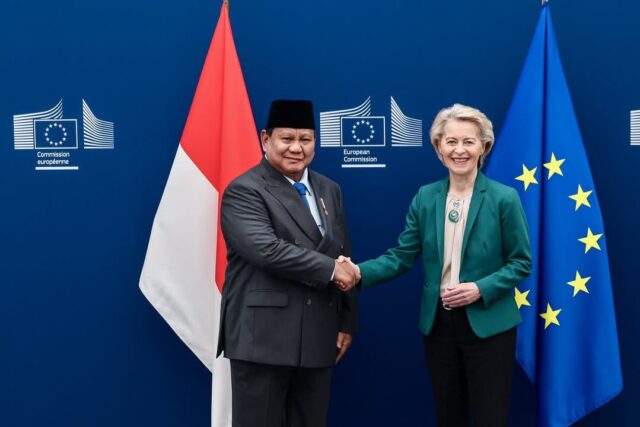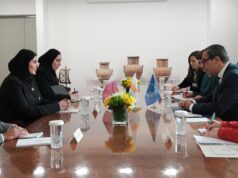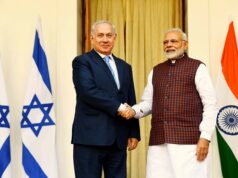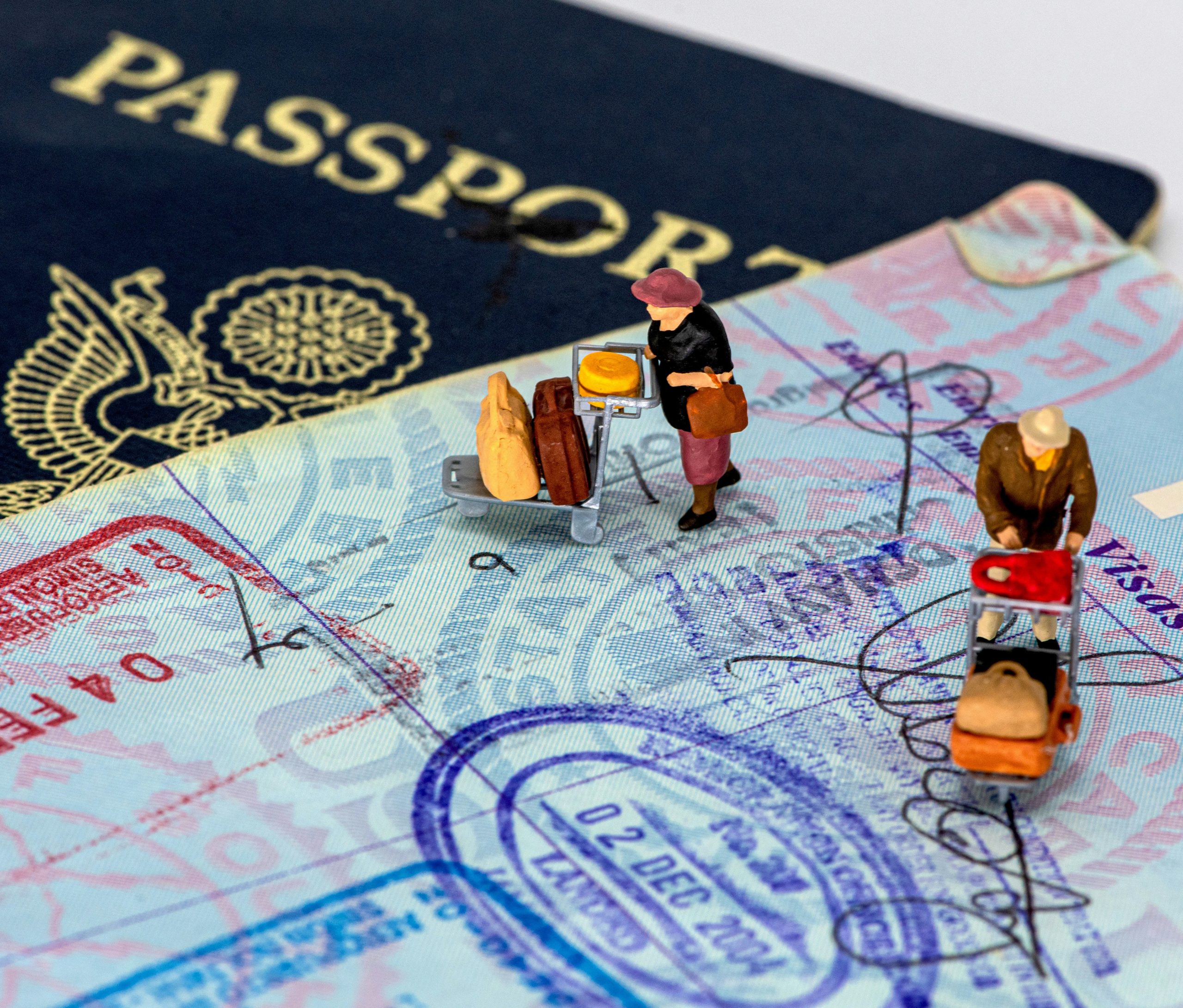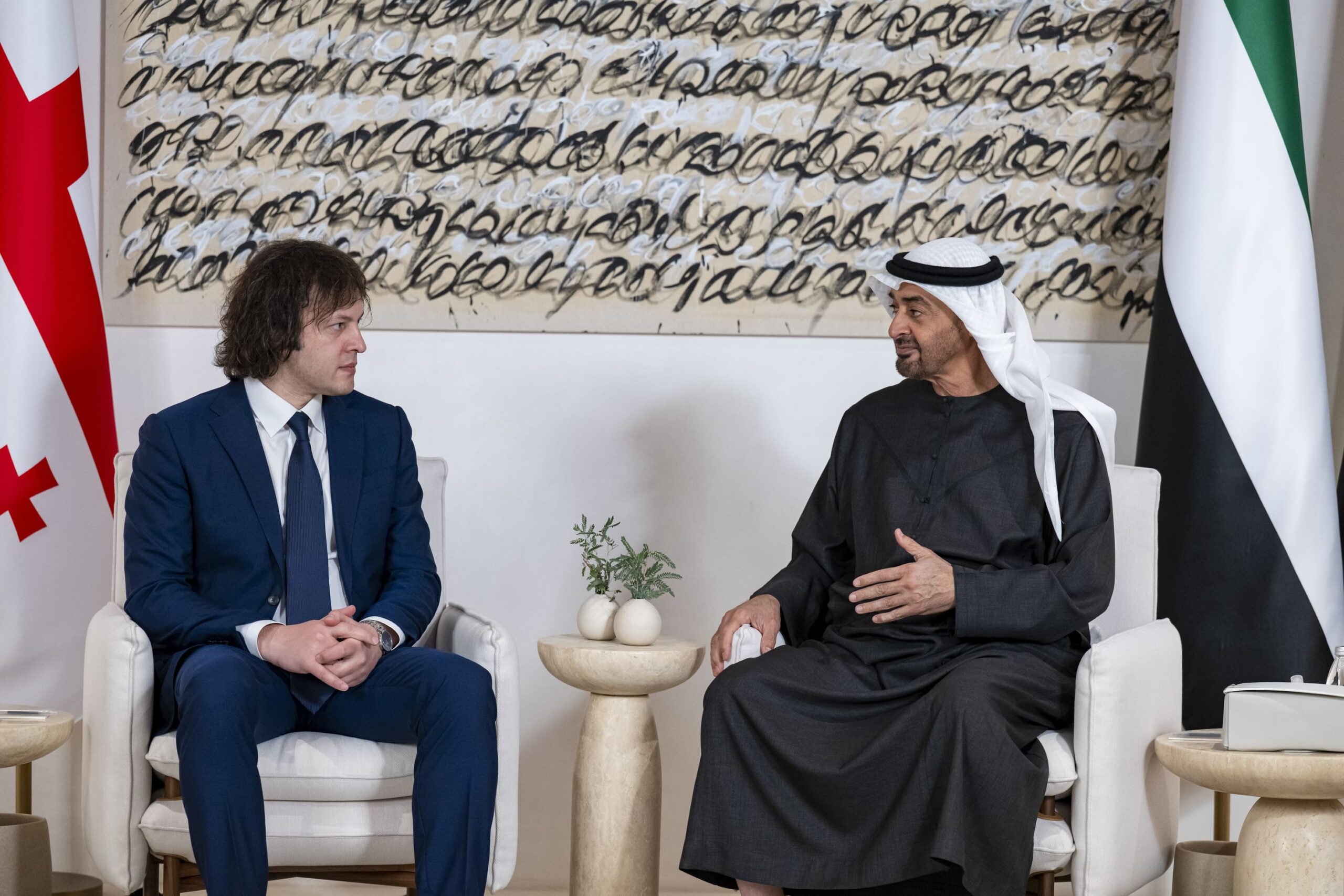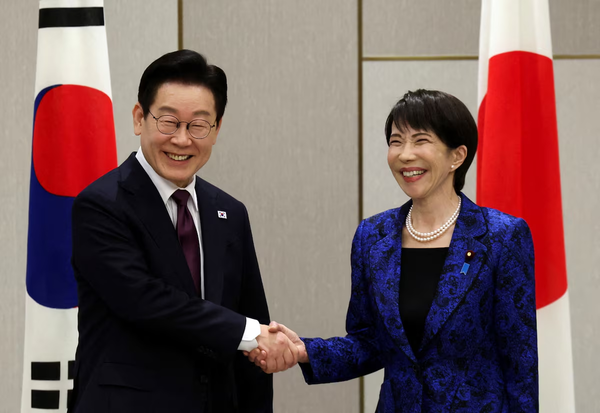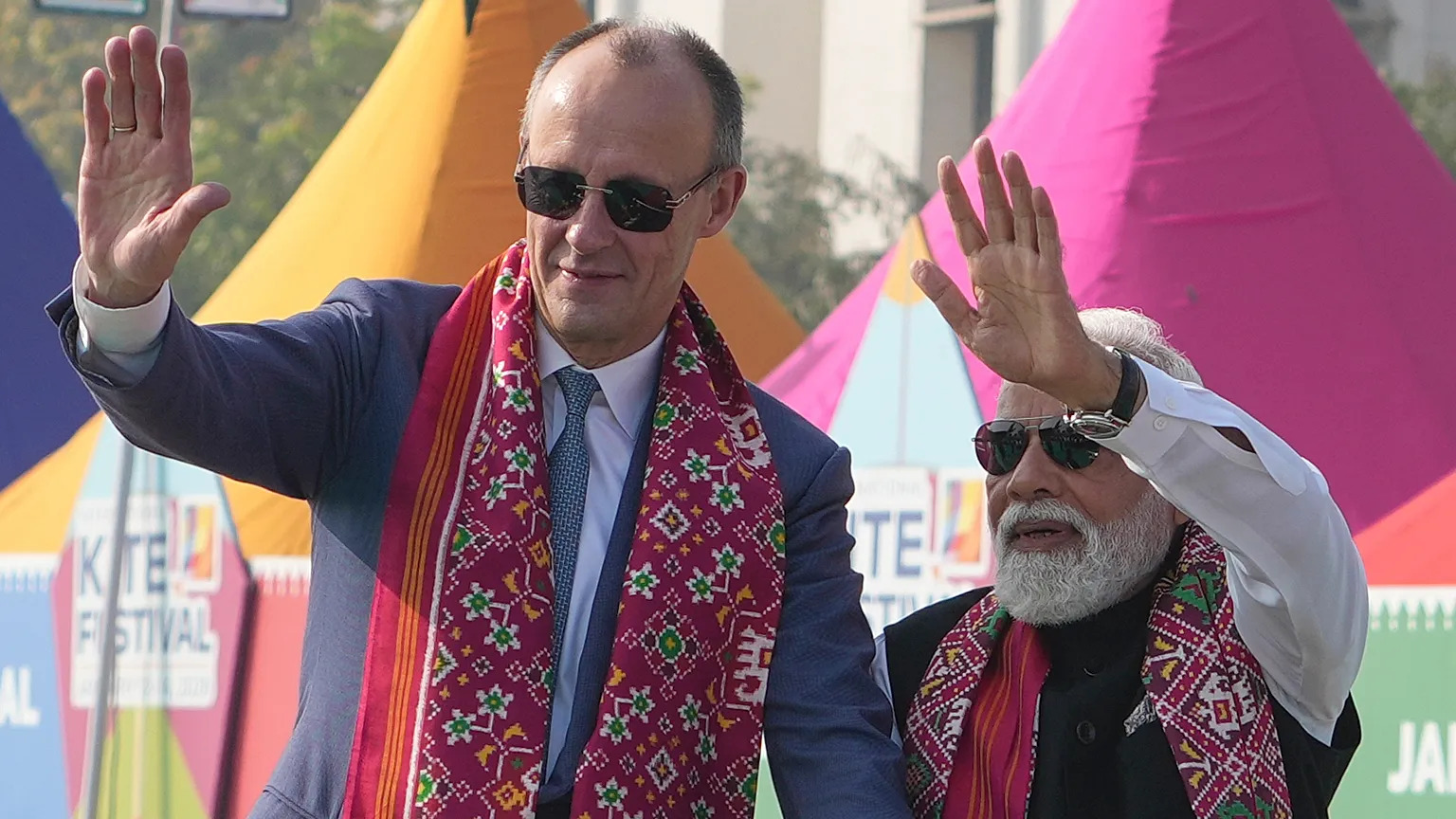The European Union (EU) and Indonesia reached a political agreement on the Comprehensive Economic Partnership Agreement (CEPA) after nearly a decade of negotiations on July 13, 2025. The EU formally initiated negotiations with Indonesia on July 18, 2016. Since then, 19 rounds of negotiations have taken place. This mutually beneficial accord between the EU and Indonesia is set to enhance trade and investment, promote inclusive and sustainable development, and strengthen the resilience of supply chains. The CEPA will establish a framework for cooperation relating to critical raw materials, which are essential to the strategic interests and industrial competitiveness of both parties.
Economic Impact and Market Potential
The European Union is Indonesia’s fifth most significant trading partner, representing 6.4% of the nation’s overall trade. Indonesia ranks as the 33rd most important trading partner of the European Union and is positioned as the fifth-largest trading partner among ASEAN nations for 2024. The President of the European Commission, Ursula von der Leyen, in her statement expressed a desire to explore the untapped potential of Indonesia and stated, “The new agreement will now open new markets and create more opportunities in key industries. Businesses active in agriculture, automotive, and services will massively benefit from it. This agreement will also help strengthen the supply chains of critical raw materials that we need to power the clean and digital transitions.” The EU commits to securing a responsible supply chain that is sustainable while considering the environment, local communities, and job creation.
Under the CEPA, it is anticipated that 80% of Indonesia’s exports will enjoy zero tariffs within one to two years following the implementation of the agreement. Labour-intensive industries, including but not limited to footwear, textiles, and garments, as well as palm oil, fisheries, renewable energy, and electric vehicles, will benefit from the agreement. The Indonesian government estimates that the CEPA could boost its exports to the EU by over 50% within three to four years by improving market access and removing key trade barriers.
EU-Indonesia Strategic Partnership
On geopolitical and security matters, President von der Leyen elevated the EU-Indonesia relationship by proposing its upgrade to a Strategic Partnership. In her remarks, she emphasised that “Europe and Indonesia share a deep commitment to peace, stability, and a rules-based international order. This would mean a long-term commitment, based on trust, reciprocity, and mutual benefit”.
Visa Cascade Policy: Strengthening People-to-People Ties
In her formal address, the President of the European Commission affirmed that the EU has adopted a visa cascade system for Indonesian passport holders seeking a second Schengen visa, thereby facilitating their acquisition of multiple-entry visas with greater ease. She further stated that the policy is expected to promote exchanges between people in the fields of education, tourism, and professional sectors.
This development will create wider export opportunities for Indonesian products in the European market, alongside increased investment, collaboration, and mobility for professional workers. It creates an ecosystem to enhance cross-regional collaboration where Indonesians can take advantage of this opportunity, including entrepreneurs, young professionals, diaspora communities, and academic institutions.
Conclusion
The EU–Indonesia CEPA isn’t just a trade agreement—it’s a declaration of trust, mutual respect, and forward-thinking cooperation. European Commission President Ursula von der Leyen captured that sentiment perfectly when she said, “Europe and Indonesia are choosing a different path. One of openness, partnership and shared opportunity”. Her words point to a shared commitment to building bridges rather than walls. While President Prabowo Subianto highlighted a broader vision for the future, saying, “For Indonesia, CEPA is not only about trade. It is about fairness, respect, and building a strong future together.” He called it “a historic agreement” and highlighted the deeper significance of the pact—a commitment to sustainability, equitable growth, and long-term bilateral friendship.
Together, these statements encapsulate the ethos of CEPA: a landmark deal rooted not only in economic opportunity, but also in shared values and a vision for a more inclusive, resilient, and cooperative global order.

